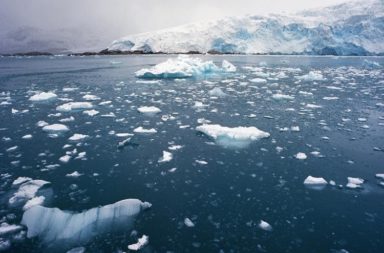A study by the country’s premier environmental think tank Center for Science and Environment (CSE) has revealed that the demand for electricity in the country’s capital is increasing due to not having eco-friendly homes. It said that the overall level of electricity demand reduced during hard lockdown but with partial unlocking and even with a much lower level of economic activities, heatwave combined with thermal discomfort in poorly designed buildings spiked the peak demand again. There is a need to change the design of buildings to reduce electricity bills and save the environment. According to the analysis, every degree rise in heat index resulted in a 187-megawatt increase in electricity demand during COVID-19 lockdown, which was 6% higher than in 2019.
What’s the main reason behind this?
Higher heat stress this summer combined with thermal discomfort in poorly designed buildings and increased dependence on air conditioning upset the energy budget. The lockdown occurred during summer when heat waves lash Delhi. Increased thermal discomfort increased the demand for active cooling or air conditioning.
The study also emphasizes the need to build eco-friendly buildings
Anumita Roychowdhury, executive director-research and advocacy, CSE: “Understanding this connection is critical, as climate change will increase the frequency and intensity of heatwaves in the future. If the built environment is not designed for thermal comfort, heat stress will increase cooling demand and use of energy-intensive mechanical cooling systems, thus undoing the carbon savings from other energy efficiency measures.”
About the Center for Science and Environment
Centre for Science and Environment (CSE) is not-for-profit public interest research and advocacy organization. It works as a think tank on environment-development issues in India, poor planning, climate shifts devastating India’s Sundarbans and advocates for policy changes and better implementation of the already existing policies. CSE uses knowledge-based activism to create awareness about problems and propose sustainable solutions.





